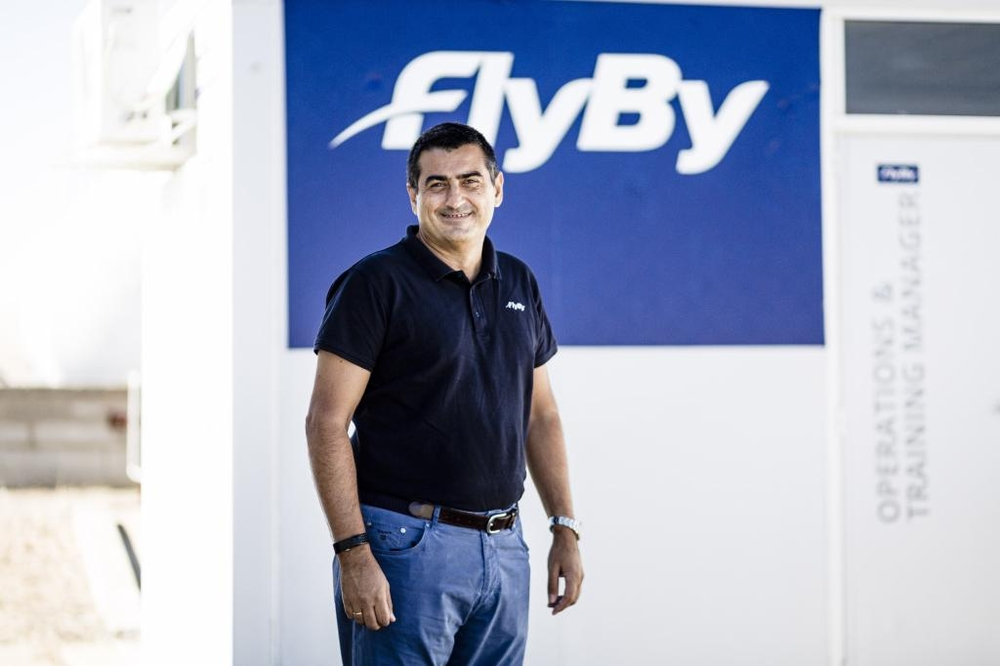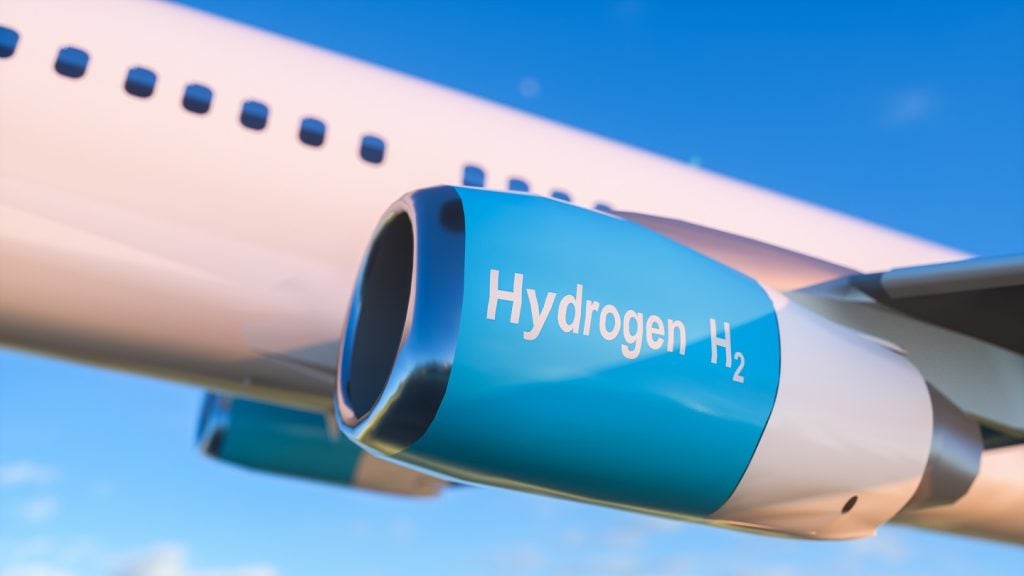
Besides airlines and airports, Covid-19 has deeply impacted another vital part of the aviation industry: flight schools.
According to flight school management software FlightLogger, the number of active students in flight academies grew steadily from 2016 to March 2020, when it dropped because of Covid-19 restrictions.
In April, activities went down to 60% compared to pre-Covid-19 levels. This percentage rose slightly until September, before suffering a stagnation.
Whilst organisations such as the British Airline Pilots Association (Balpa) and Lufthansa recommended their cadets to either delay their training or change career paths, others – including Canadian aerospace firm CAE – predict a strong recovery for the sector.
Among the few optimistic voices is Spain-based flight academy FlyBy, which has managed not only to stay afloat but to thrive. CEO Alex Alvarez explains the secret behind FlyBy’s success and why he’s optimistic the industry will recover.
Ilaria Grasso Macola (IGM): 2020 was a bad year for the aviation industry. What was Covid-19’s impact on FlyBy?
Alex Alvarez (AA): We are going to be the odd one out because 2020 was a very good year for us. We were impacted by Covid-19 and we were grounded for three months and it had a massive impact for us and our students.
How well do you really know your competitors?
Access the most comprehensive Company Profiles on the market, powered by GlobalData. Save hours of research. Gain competitive edge.

Thank you!
Your download email will arrive shortly
Not ready to buy yet? Download a free sample
We are confident about the unique quality of our Company Profiles. However, we want you to make the most beneficial decision for your business, so we offer a free sample that you can download by submitting the below form
By GlobalDataBut despite that, our growth in 2020 is going to be in the region of 40% compared to 2019, and that’s on the revenue side.
On the flight hours [side], despite being grounded for three months our growth was 84% and we added three more aeroplanes and one more simulator to our fleet, as well as nearly ten more staff.
So, overall, our performance in 2020 was very strong.
IGM: What’s the secret of your success?
AA: It’s twofold. First, talking about the pilot training industry, we see there are like three types of flight schools.
The larger ones, which have a lot of contracts with airlines, suffered the greatest impact because of airlines cancelling or delaying their cadet programmes, whilst the other schools that were greatly impacted were the very small ones.
Our school is mainly training self-sponsored students and once they have committed to completing this training, they are here for the long run and aren’t looking at the short-term situation.
Our strong performance in 2020 had a very positive impact. Being financially strong plays an important factor when it comes to students [choosing us] as they see that we keep investing and we’re financially strong and optimistic about the future.
IGM: The pandemic has led to pessimistic industry forecasts, with organisations such as Balpa and Lufthansa telling cadets to either delay their training or change career path entirely. What’s your forecast and what have you told your cadets?
AA: When you look at the lifespan career of pilots, [the pandemic] will be a blip in the history [of aviation]. It’s something that we will tell our grandchildren but in the long run, it’s not going to mark the future development of aviation.
Although there are a lot of very sad stories of pilots losing their jobs right now, this has happened before and I’m sure that it will happen again. Aviation has always bounced back, and we are firm believers that the underlying strength of the market has not changed. To support that [statement], we use the number of plane [orders] that both Airbus and Boeing have received from their customers that have not yet been produced.
Despite a significant number of cancellations for Boeing in 2020, both [manufacturers] will need between six to nine years to fulfil that backlog of orders.
[This means that] airline customers are trusting that the demand will require them to still need those aeroplanes, which in turn will need pilots. Long-term demand is here and we still see a very good prospect.You also have to factor in the time it takes for new students to become airline ready, which in the best-case scenario is two years, with cadets starting today and not being ready until January 2023.
Stakeholders should be looking at future demand, not current, but I think Balpa is only looking at the demand right now.
IGM: Why do you think aviation is more robust than forecasts portray and why will 2021 be a strong year for pilot demand?
AA: If you look at two or three years from now, Covid-19 will be history, with the demand bouncing back. And if you look at the number of pilots retiring and leaving the airline industry, they will not come back when the industry bounces back.
But the real question – and we don’t have a crystal ball for that – is how soon this recovery will happen.
IGM: In the last few years, the industry has witnessed a shift away from larger aircraft to smaller ones. Will this have an impact on pilot training?
AA: I truly believe that the industry will require more aeroplanes of the smaller type and to carry the same number of passengers you will need more aeroplanes, and therefore more pilots and more engineers.
This will mean that many smaller airports will be utilised and will be connecting different routes.
So, I see a trend on using the smaller aeroplanes, and again, looking at Boeing and Airbus’s backlog, you can see that the demand for pilots will still be strong in the coming years.
IGM: What advice would you give to someone who wants to become an airline pilot?
AA: First and foremost, always do thorough research on the industry and what you’re going into. Don’t expect things to happen immediately and plan for the long term.
This is a career decision, so you cannot base the next 40 years on what is happening today.
You must have a long-term vision and also go [in] with your eyes wide open, because pilot training requires a significant investment. Do your research and plan for uncertainties.







